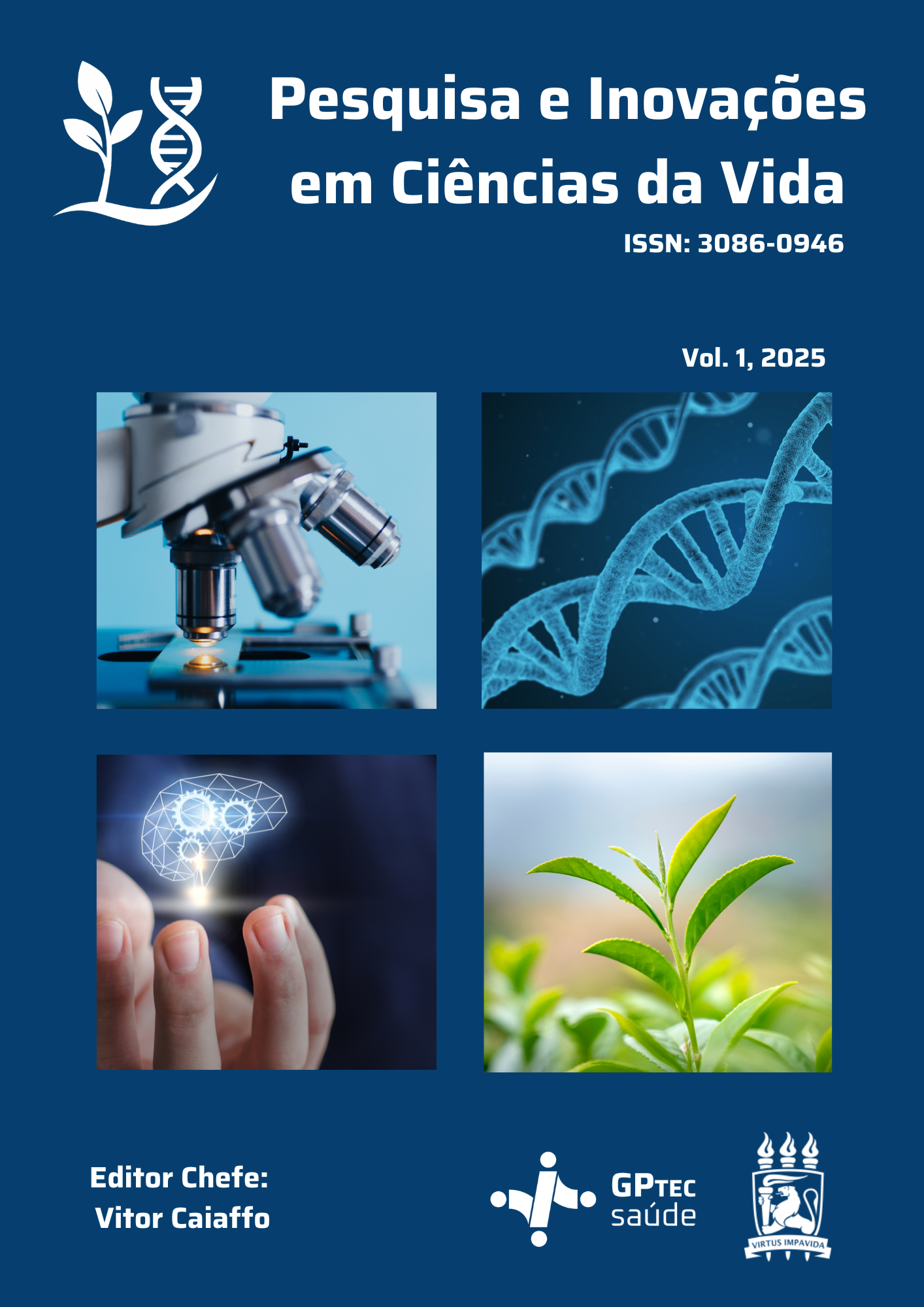Literature review on the health of psychologists working in public health services
Keywords:
Occupational health, psychology, mental health, public health servicesAbstract
Psychology professionals listen to the pain of others, but they are also subjects who suffer. Based on my experience as a psychologist working in the Brazilian Unified Health System (SUS), and on how this involves suffering and exhaustion, my aim in this article is to conduct a literature review on the health of psychologists in public health services. The theoretical framework of this research is grounded in decolonial feminist epistemologies and in the understanding that the work of psychologists is embedded in a colonial matrix of power, being, and knowledge (Quijano, 2005). The results indicate that the working conditions and relationships of psychologists in public health services harm their health, generating suffering or actual illness. Information on psychologists’ intersectional issues such as gender, class, race, and sexuality reveals how coloniality is present in science and, in this case, in the scientific production on the health of psychology professionals. Developing work and projects that focus on the health of psychologists working in SUS and on strategies to cope with harmful contexts can contribute to improving user care, enhancing the quality of life of workers (including psychologists), as well as to the better functioning of the Unified Health System.
Downloads
Published
Issue
Section
License
Copyright (c) 2025 Micheline Alves de Moraes

This work is licensed under a Creative Commons Attribution 4.0 International License.
Copyright
Copyright of the authors, 2025. Licensed under the Creative Commons Attribution 4.0 International License (CC BY 4.0). This license lets others distribute, remix, adapt, and build upon your work, even commercially, as long as they credit you for the original creation. License text: https://creativecommons.org/licenses/by/4.0/
Open Access Policy
Research and Innovation in Life Sciences is an Open Access journal. This means that all of its content is freely and immediately available, at no cost to the user or their institution.
Users may read, download, copy, distribute, print, search, or link to the full texts of articles, crawl them for indexing, or use them for any other lawful purpose without prior permission from the publisher or author, provided they respect the Creative Commons license applied to the published content. This statement is in accordance with the Budapest Open Access Initiative (BOAI) definition of open access.
Authors retain copyright and grant the journal right of first publication, with the work simultaneously licensed under the Creative Commons Attribution 4.0 International License (https://creativecommons.org/licenses/by/4.0/), which allows others to share the work with an acknowledgement of its authorship and initial publication in this journal.
Authors are authorized to enter into separate, additional contractual arrangements for the non-exclusive distribution of the journal's published version of the work (e.g., publishing in an institutional repository or as a book chapter), with an acknowledgement of its authorship and initial publication in this journal.
Authors are permitted and encouraged to publish and distribute their work online (e.g., in institutional repositories or on their website) only after the work has been published by the Journal, as this can lead to productive exchanges, as well as increase the impact and citation of the published work.







